Kidney failure can feel overwhelming, drastically changing your life and requiring constant medical attention like dialysis. But there's hope. A kidney transplant offers a chance to regain health, energy, and freedom. For many people around the world looking for high-quality, affordable care, Turkey has become a leading destination for this life-changing surgery.
Why are so many international patients choosing Turkey for their kidney transplants? It's a combination of highly skilled doctors, modern hospitals, shorter waiting times compared to many Western countries, and significantly lower costs. Plus, Turkey has clear regulations governing organ transplants, ensuring ethical and safe procedures. This guide will walk you through why Turkey, especially Istanbul, stands out, introduce you to top hospitals, explain the costs, and answer common questions you might have.
Why Consider Turkey for Your Kidney Transplant Journey?
Making the decision to travel abroad for medical care is significant. Turkey offers compelling reasons why it's a trusted choice for kidney transplantation:
World-Class Surgeons: Turkish transplant surgeons are highly experienced and often internationally trained and recognized. Many have performed thousands of successful kidney transplants, including complex cases like ABO-incompatible (different blood types) and paired (crossover) transplants. They are skilled in the latest surgical techniques, including minimally invasive laparoscopic and robotic procedures, which often mean less pain and faster recovery for both the recipient and the living donor.
State-of-the-Art Hospitals: Hospitals in Turkey, particularly in major cities like Istanbul, boast cutting-edge technology and infrastructure. Many are accredited by international bodies like the Joint Commission International (JCI), signifying they meet global standards for patient safety and quality of care. Transplant centers often have dedicated wings or floors with specialized equipment and staff focused solely on organ transplantation.
Reduced Waiting Times (for Living Donors): While waiting times for deceased donor kidneys can be long everywhere and often aren't available to international patients in Turkey due to regulations, the process for living donor transplants is significantly faster. If you have a willing and medically suitable living donor (usually a relative up to the fourth degree, per Turkish law for foreigners), the evaluation and surgery can often be scheduled and completed within weeks, compared to potentially years of waiting in other countries.
Affordable Excellence: Cost is a major factor for many patients. Kidney transplant procedures in Turkey typically cost between $18,000 and $25,000. This is a fraction of the price in countries like the United States (often exceeding $150,000) or parts of Europe (around $75,000). This lower cost does not mean lower quality; it reflects the country's lower cost of living and operational expenses, allowing top-tier medical care to be more accessible.
Clear Ethical Guidelines: Turkey has specific laws regulating organ donation and transplantation, especially for international patients. Generally, foreigners need to bring their own living donor, who must be a relative up to the fourth degree and must donate willingly without payment. In some cases, spouses (married for at least two years) or non-relatives approved by a special ethics committee might be considered. These rules are in place to prevent organ trafficking and ensure ethical practices. Deceased donor transplants are typically reserved for Turkish citizens.
A Welcoming Destination: Beyond the medical advantages, Turkey offers a rich cultural experience. Recovering in a beautiful country with historical sites, delicious food, and warm hospitality can be a positive aspect of the journey. Many hospitals have dedicated International Patient Centers to help with travel, accommodation, translation, and navigating the process, making the experience smoother for patients and their families.
Leading Kidney Transplant Hospitals in Istanbul
Istanbul is a hub for medical excellence in Turkey, home to several world-renowned hospitals specializing in kidney transplantation. Here's a closer look at some of the top choices:
Florence Nightingale Hospital Group
Overview: A well-established name in Turkish healthcare, Florence Nightingale Hospitals have dedicated Organ Transplantation Centers known for handling a wide range of transplants, including kidneys. They emphasize meticulous patient evaluation and donor matching.
Expertise: Their teams perform standard (open), laparoscopic (minimally invasive), and even complex transplants like ABO-incompatible and paired/crossover donations. They have performed over 800 kidney transplants with a strong safety record, reporting zero serious health complications for donors.
Technology & Techniques: They utilize advanced diagnostic tools (CT, MRI, specialized blood tests) and surgical techniques like retroperitoneoscopy for kidney removal from living donors. This minimally invasive method uses small incisions, avoids entering the main abdominal cavity, leads to less pain, and allows donors to be discharged typically within 2-3 days.
Process: The evaluation process for both donor and recipient is thorough, involving detailed health checks, blood/urine tests, imaging, and compatibility testing. They aim to complete the preparation phase within about a week for living donor transplants.
Post-Op Care: Recipients usually stay in the hospital for about 6 days, while donors stay for around 3 days. Comprehensive follow-up care is provided, with regular check-ups to monitor kidney function and manage immunosuppressive medications.
Medicana Health Group
Overview: Medicana Health Group is a large group with multiple JCI-accredited hospitals in Istanbul (like Ata?ehir, Beylikdüzü, Bahçelievler) and Ankara, all featuring strong Kidney Transplant Programs. They are known for a multidisciplinary approach, bringing together nephrologists, surgeons, anesthesiologists, and dedicated transplant coordinators.
International Patient Focus: Medicana heavily emphasizes supporting international patients through its International Patient Center (IPC). The IPC offers services like appointment coordination, travel and accommodation assistance, visa support, translation services ( interpreters are available), billing help, and continuous communication facilitation.
Success & Expertise: Medicana reports high success rates, citing a 99% effectiveness rate for kidney transplants in 2018 at one of their centers, positioning them as a leader in Turkey. They handle various transplant types, including pediatric cases and ABO-incompatible transplants using desensitization techniques. They note that transplants from non-related living donors might be possible but require approval from the Turkish Ethics Committee.
Patient Care: They focus on making the healthcare journey smooth and stress-free for international visitors, offering reasonably priced packages and comprehensive support from arrival to post-treatment follow-up.
Medical Park Hospitals Group
Overview: As one of Turkey's largest healthcare providers, Medical Park has significant experience in organ transplantation, operating specialized centers within its hospital network (e.g., Medical Park Antalya is noted for performing a high volume of transplants).
Volume and Experience: Medical Park hospitals collectively perform a large number of transplants annually (reportedly over 600 kidney, liver, pancreas transplants per year across the group). One source mentioned a specific hospital performing over 5,000 kidney transplants historically, indicating deep experience.
Success Rates: They report excellent patient outcomes. One source cites Medical Park's kidney transplant success rate at 98% one year after surgery and 96.7% at three years, comparing favorably to average rates in the US.
Services for International Patients: Like other major groups, they offer packages for international patients which often include surgery, post-operative care, accommodation assistance, local transport, and interpretation services. Yapita Health, a medical tourism facilitator, lists a package at Medical Park Istanbul.
Accreditations: Medical Park centers often collaborate with international bone marrow banks and are accredited by bodies like the European Bone Marrow Transplantation Group (EBMT) for related transplant services, indicating adherence to high standards.
(Note: Always verify specific details, current accreditations, and surgeon credentials directly with the hospital or through a trusted medical tourism facilitator like PlacidWay.)
Understanding Kidney Transplant Costs in Turkey
One of the most attractive aspects of kidney transplantation in Turkey is the cost-effectiveness.
Estimated Cost Breakdown:
Service/Component
Estimated Cost Range (USD)
Notes
Total Package Range
$18,000 - $25,000
Varies by hospital, specific procedures needed, length of stay.
Florence Nightingale
Starting from $20,000
Specific hospital starting price example.
Okan University Hospital
Starting from $19,700
Specific hospital starting price example (source: Browse).
Medicana Health Group
$20,000 - $22,000
Price range mentioned in search results.
Medical Park (Package)
Approx. $32,000
Example package price via Yapita Health (may include more services).
Included Services (Typical):
Pre-Surgery Evaluation
Included in Package
Consultations, blood tests, imaging, compatibility tests.
Surgery Fees
Included in Package
Surgeon, anesthesia, operating room use.
Hospital Stay (Recipient)
Included in Package
Typically 6-10 days, depending on recovery.
Hospital Stay (Donor)
Included in Package
Typically 2-3 days for minimally invasive removal.
Initial Post-Surgery Care
Included in Package
In-hospital medications, monitoring, basic follow-up.
Export to Sheets
What Factors Can Affect the Final Cost?
Hospital Choice: Premier hospitals or those in major city centers might have slightly higher costs.
Surgical Technique: While often included, highly specialized techniques might influence cost.
Recipient's Health: Patients with complex medical histories or requiring additional treatments (like extensive pre-transplant dialysis or management of infections) may incur higher costs.
Length of Stay: Longer-than-average hospital stays for recipient or donor will increase costs.
Post-Transplant Medications: The long-term cost of immunosuppressant drugs is not typically included in the initial surgery package price and needs separate budgeting.
Package Inclusions: Different hospitals or medical tourism agencies offer varying packages. Some might include accommodation, flights, or extended local support, affecting the total price. Always clarify what is covered.
Even considering potential variations, the cost savings compared to the US and many European countries remain substantial, making high-quality care accessible to more people..
Success Rates and Quality Assurance
Turkey's reputation in kidney transplantation is built on strong results.
High Success Rates: Hospitals consistently report high success rates, often citing 1-year graft (kidney) survival rates around 95-98%, and 5-year rates around 85-90% or higher for living donor transplants. These figures are comparable to, and sometimes exceed, rates in major Western countries. A 2010 study from a Turkish tertiary care center confirmed 5-year graft survival rates of 87.1% for living donor transplants, aligning with developed country outcomes.
Accreditation and Standards: Many leading Turkish hospitals seek and achieve international accreditation (like JCI), demonstrating commitment to global healthcare quality and patient safety protocols.
Experienced Teams: The sheer volume of transplants performed at major centers translates into highly experienced surgical and medical teams adept at managing diverse and complex cases.
Frequently Asked Questions (FAQs)
Who can be a living kidney donor for an international patient in Turkey?
Generally, Turkish law requires living donors for foreign patients to be relatives up to the fourth degree (parents, siblings, children, aunts/uncles, nieces/nephews, grandparents, grandchildren, cousins) or a spouse of at least two years. They must be healthy, aged 18-65, and donate voluntarily without payment. Non-relative donations need special Ethics Committee approval.
How long does the entire kidney transplant process take in Turkey?
For a living donor transplant, after arrival in Turkey, the pre-operative evaluation typically takes about one week. The hospital stay is around 3 days for the donor and 6-10 days for the recipient. You'll likely need to stay in Turkey for follow-up for another 2-3 weeks post-discharge, making the total trip duration around 3-4 weeks, sometimes longer depending on recovery.
What are the main risks associated with kidney transplantation?
Like any major surgery, risks include bleeding, infection, and reactions to anesthesia. Specific to transplants, the main risks are organ rejection (the body's immune system attacking the new kidney) and side effects from the necessary lifelong immunosuppressant medications (which increase susceptibility to infections and certain cancers). Turkish hospitals have protocols to minimize and manage these risks effectively.
Is follow-up care provided after I return to my home country?
Yes, the Turkish hospital will provide detailed medical reports and discharge summaries for your doctors back home. You will need ongoing monitoring by a local nephrologist. Communication between your transplant center in Turkey and your home doctor can often be facilitated.
What is included in the typical kidney transplant package price in Turkey?
Packages usually cover the pre-transplant evaluations for donor and recipient, the surgeries, anesthesia, standard hospital stays for both, initial medications while hospitalized, and surgeon/hospital fees. It generally does not include flights, long-term accommodation outside the hospital, long-term medications after discharge, or treatment for unrelated medical issues. Always confirm the exact inclusions.
Can I get a kidney from a deceased donor in Turkey as a foreigner? Generally, no. Organs from deceased donors in Turkey are allocated to Turkish citizens on the national waiting list according to specific regulations. International patients almost always need to arrange a living donor transplant.
Ready to Explore Your Options? Let PlacidWay Guide You!
Thinking about a kidney transplant is a big step, and considering treatment abroad adds another layer of questions. Turkey offers a remarkable combination of world-class medical expertise, advanced facilities, and affordability, giving new hope to patients worldwide.
If you're wondering if a kidney transplant in Turkey is the right choice for you, or if you need help connecting with the best hospitals and doctors, PlacidWay is here to assist. We can provide personalized information, help you get quotes from top hospitals, and guide you through the process.
Want More Information? Connect with PlacidWay Today! Let us help you navigate your journey towards better health. Reach out to PlacidWay for expert guidance and support.


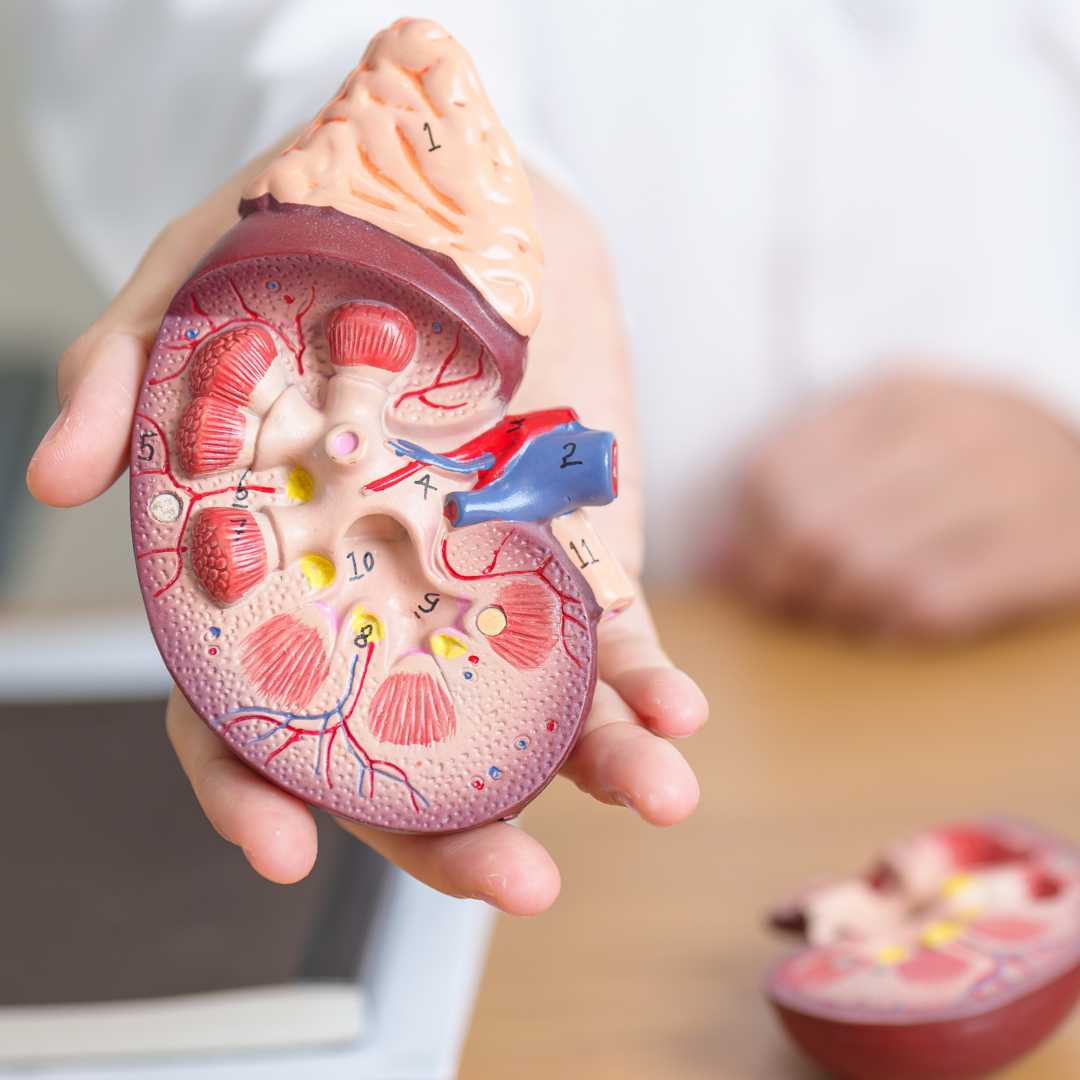

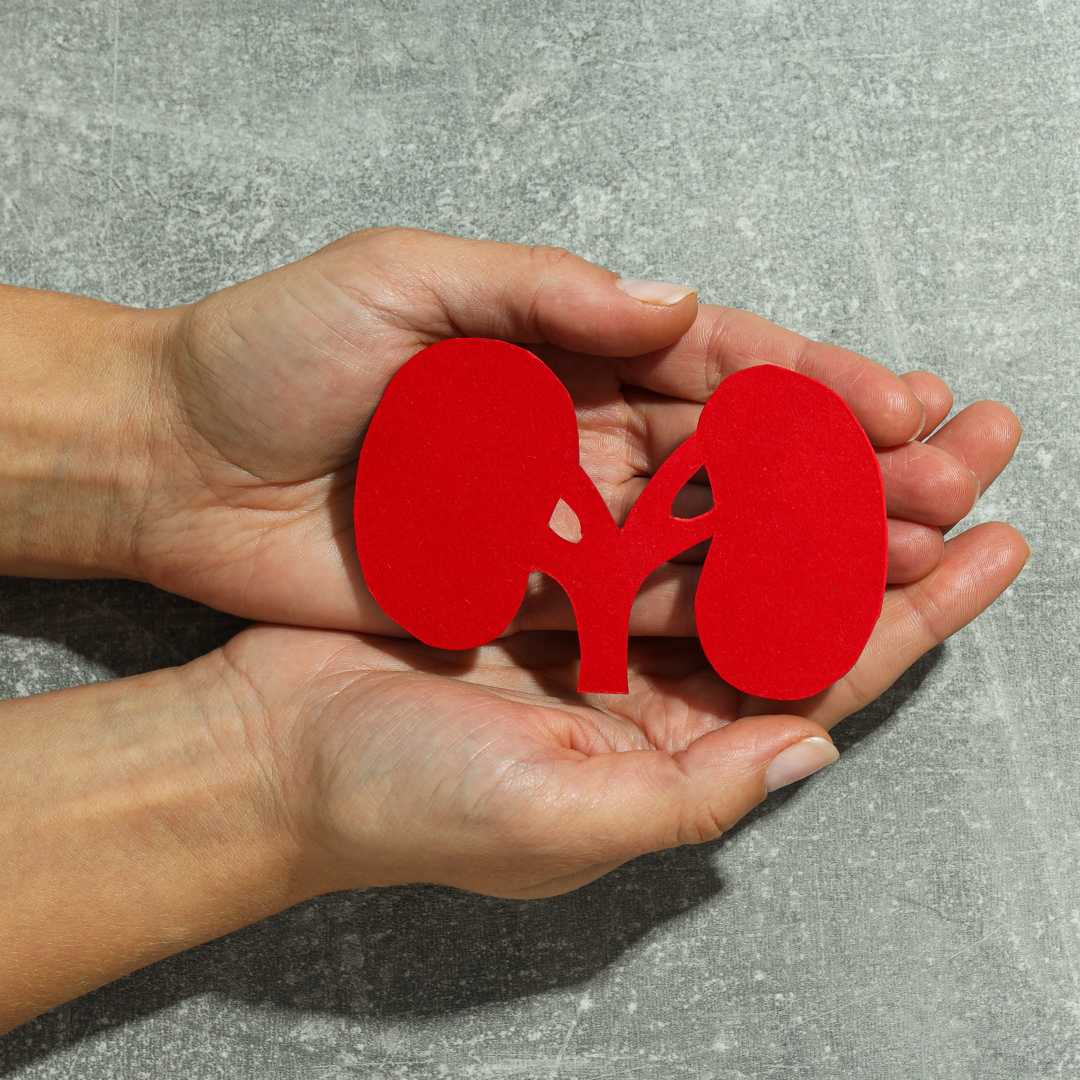
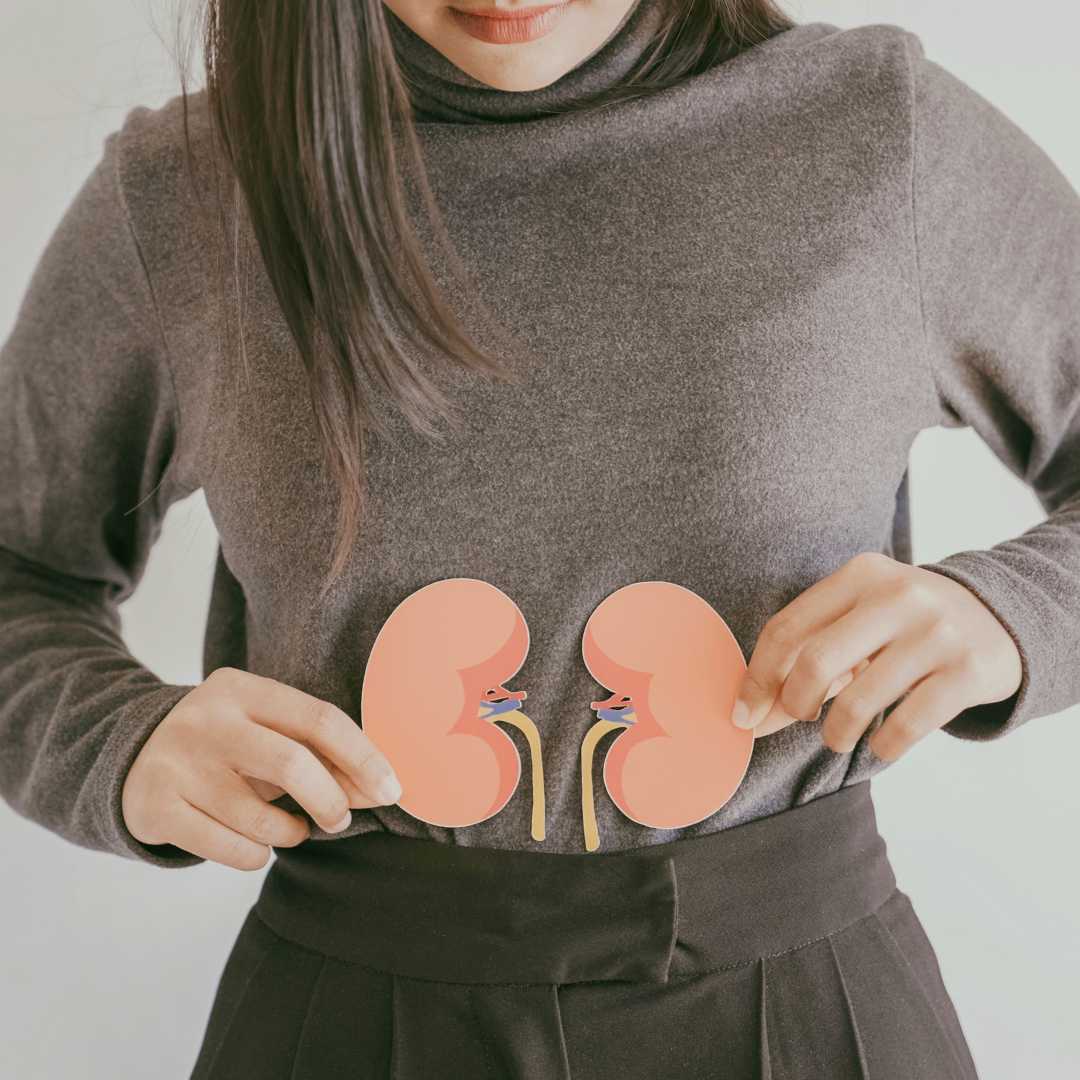











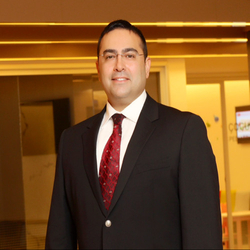
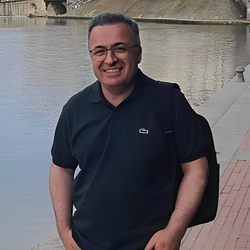
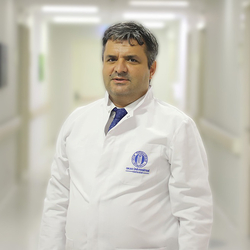
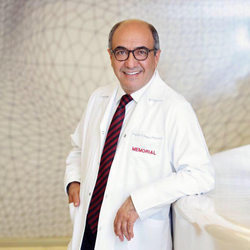
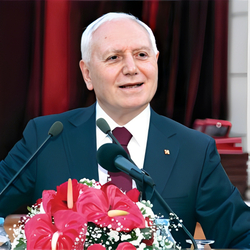

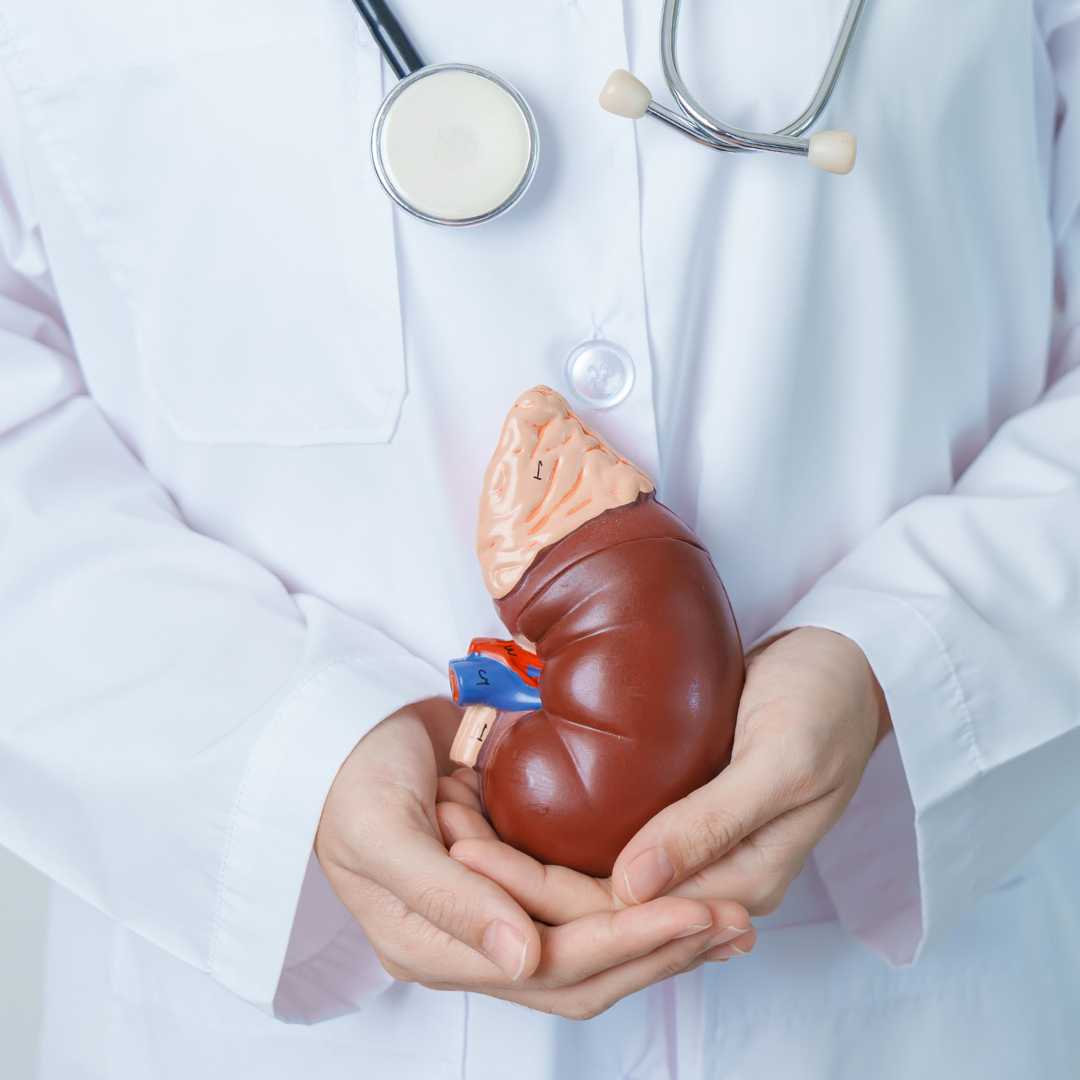


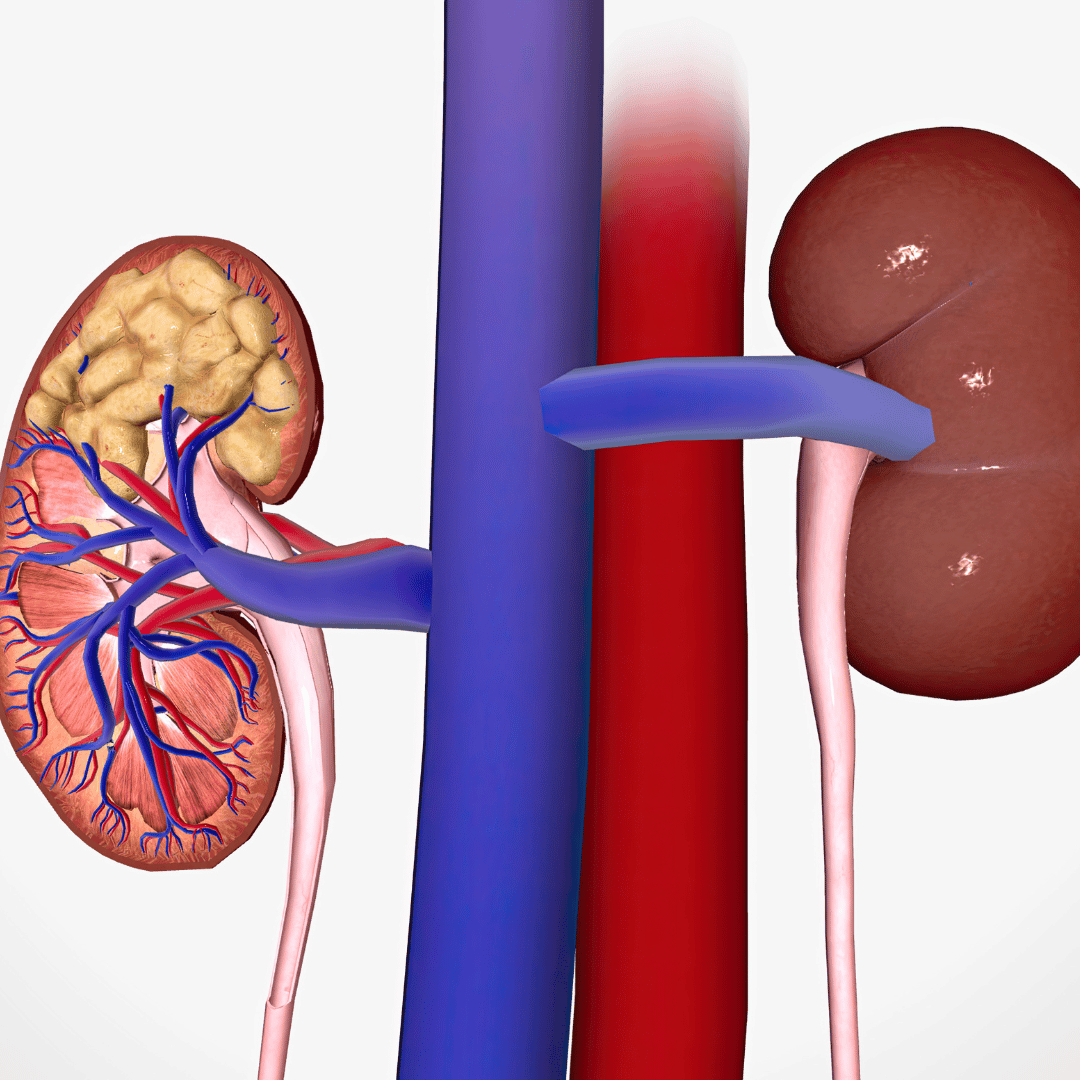
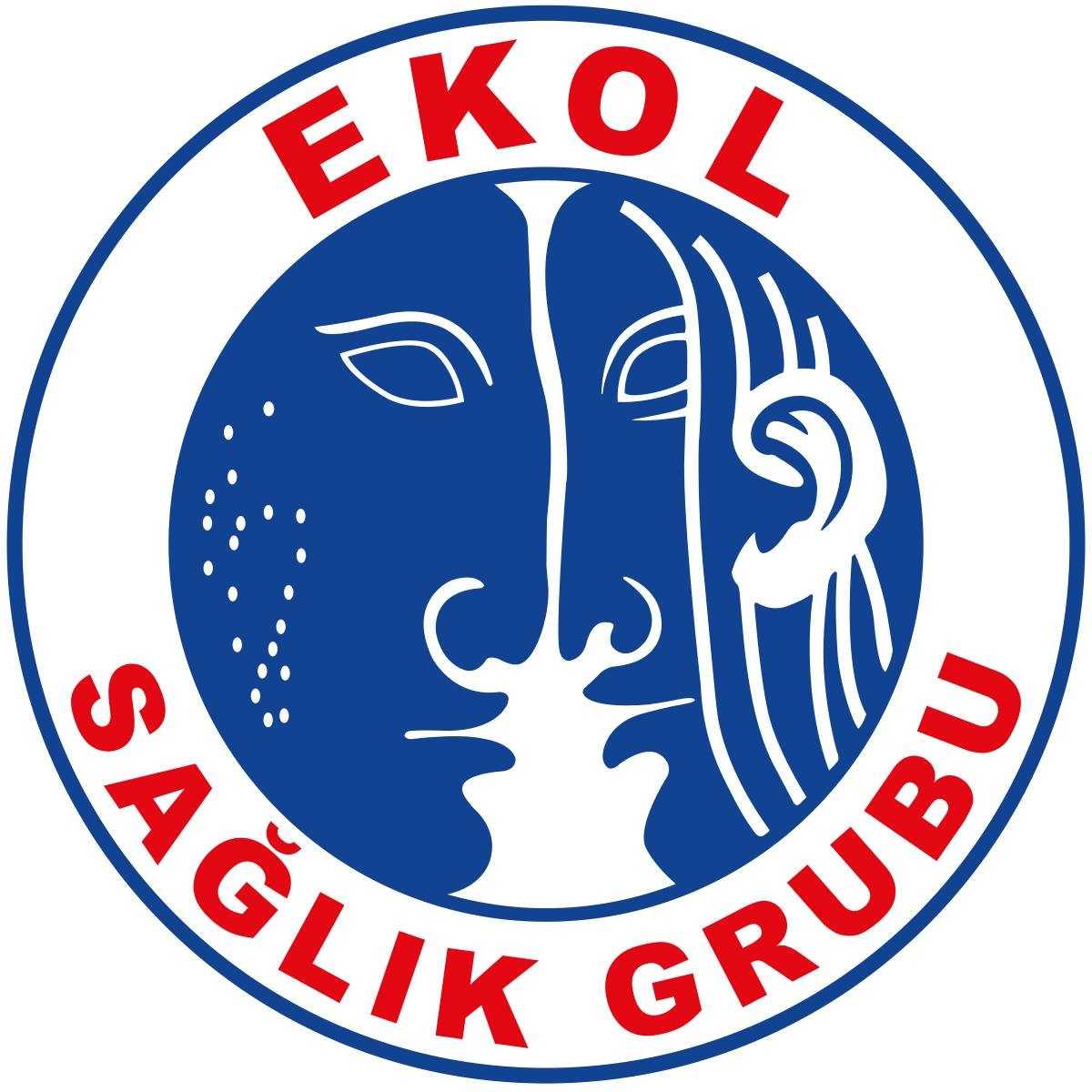

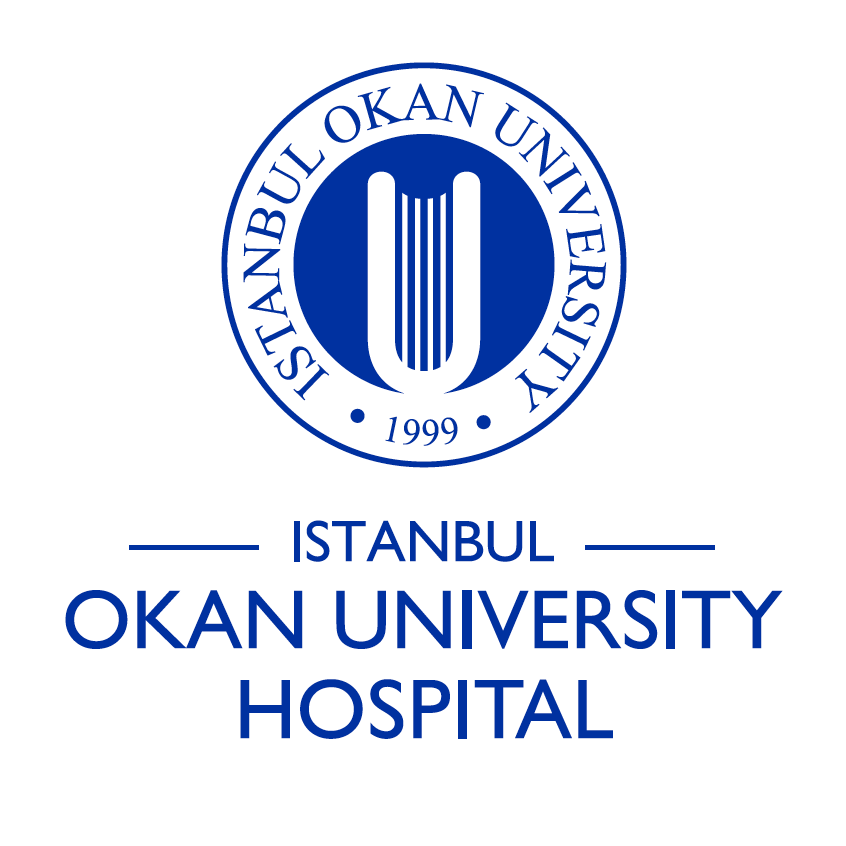
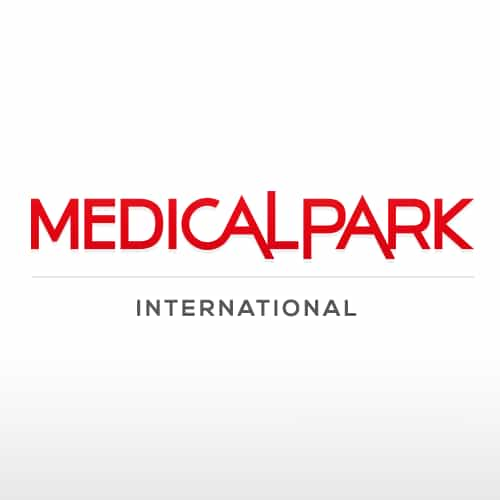
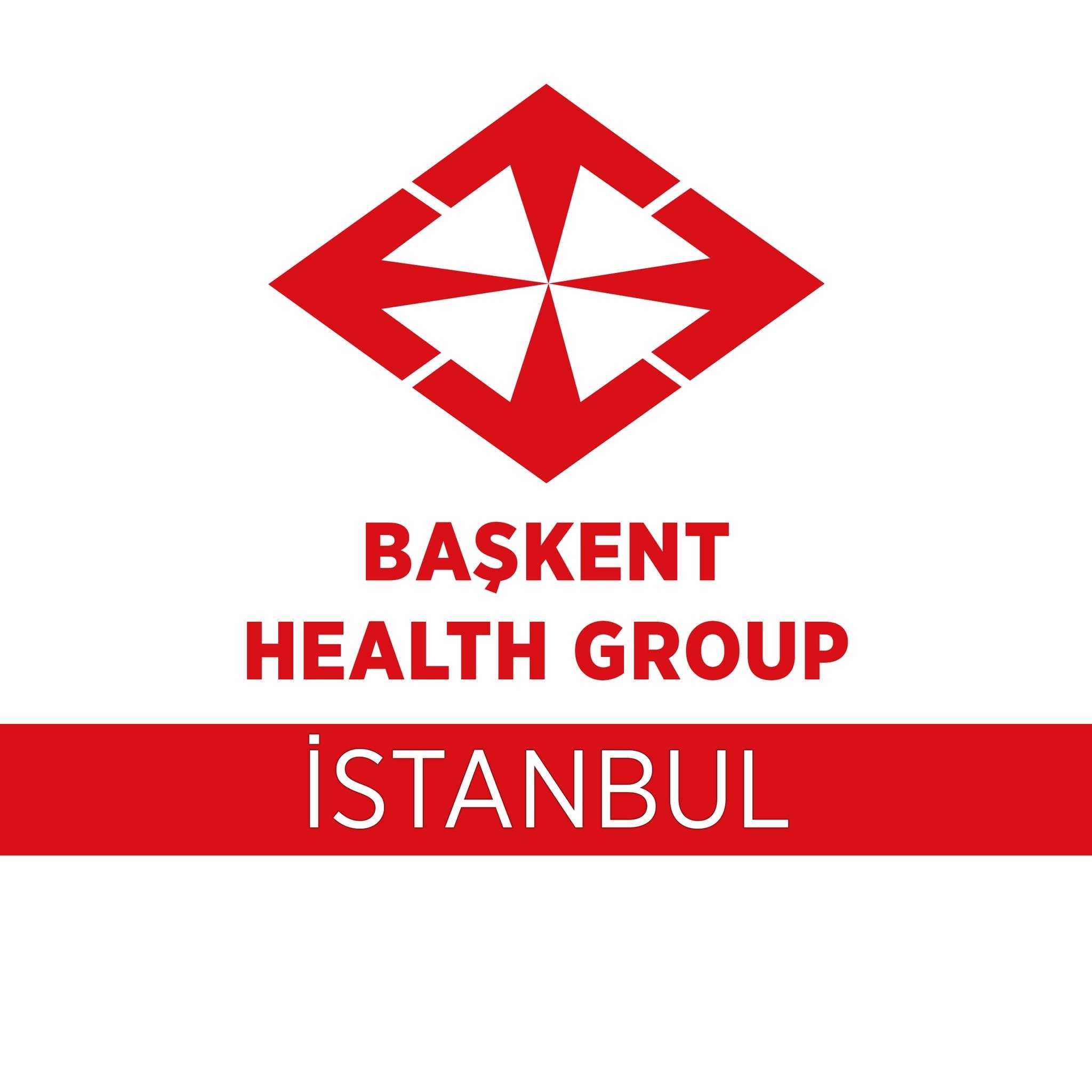

Share this listing